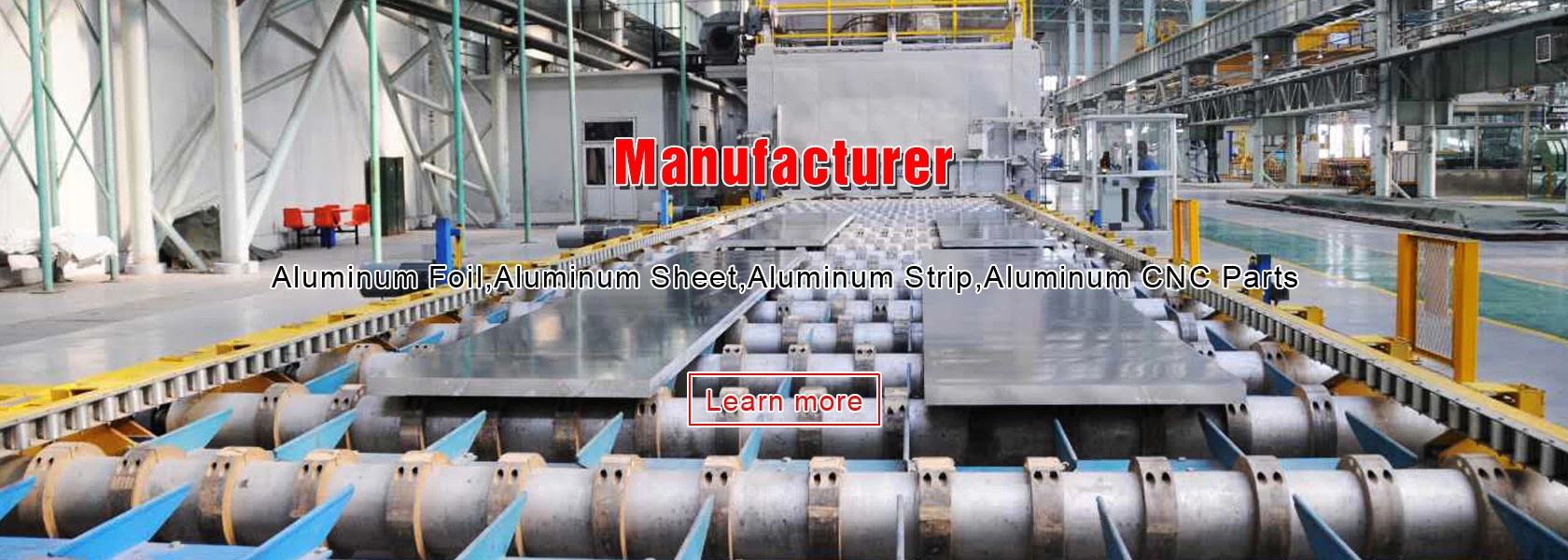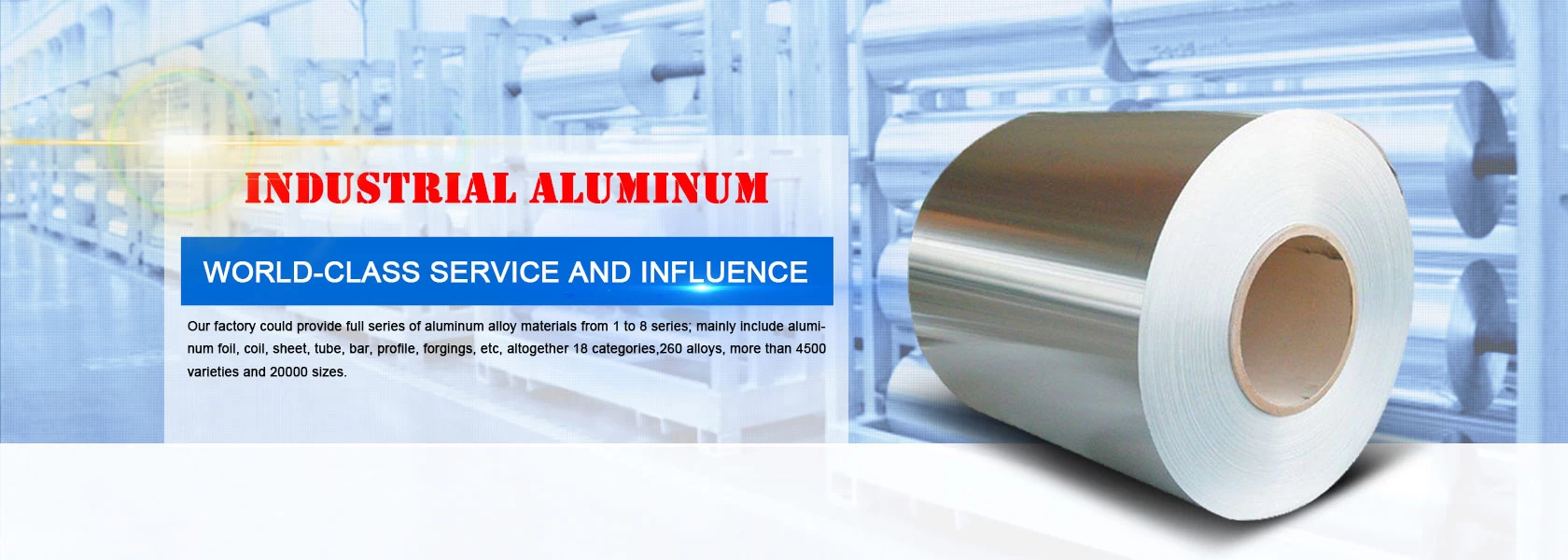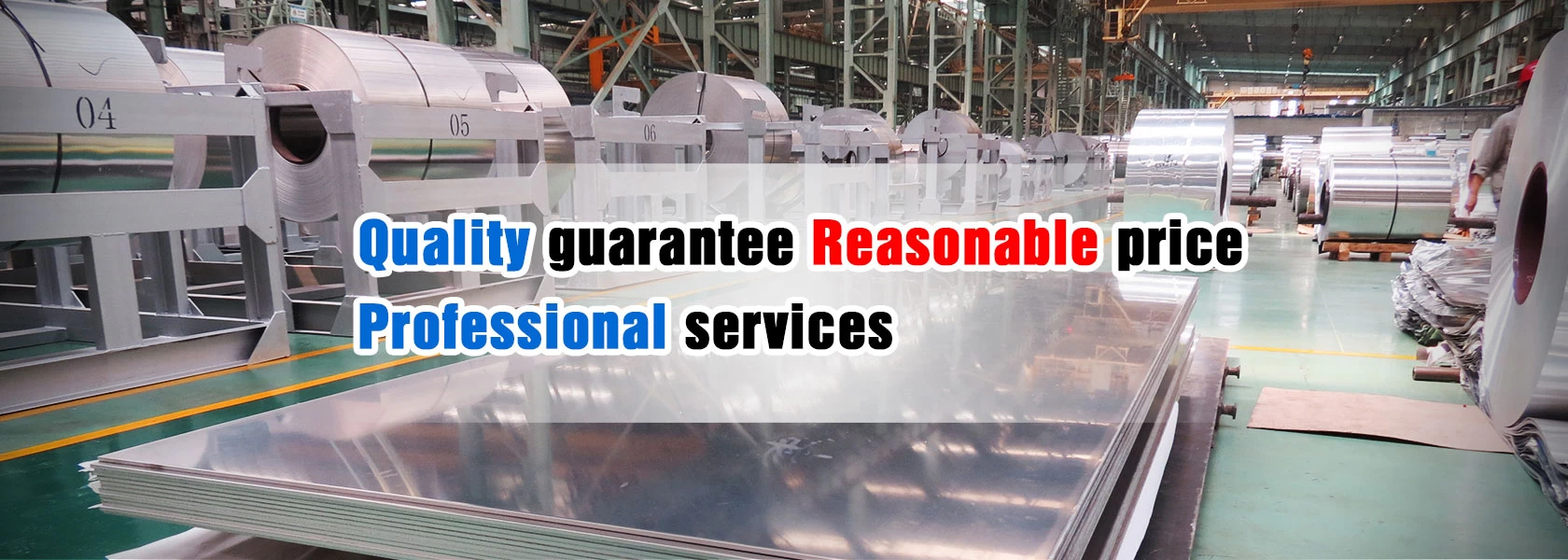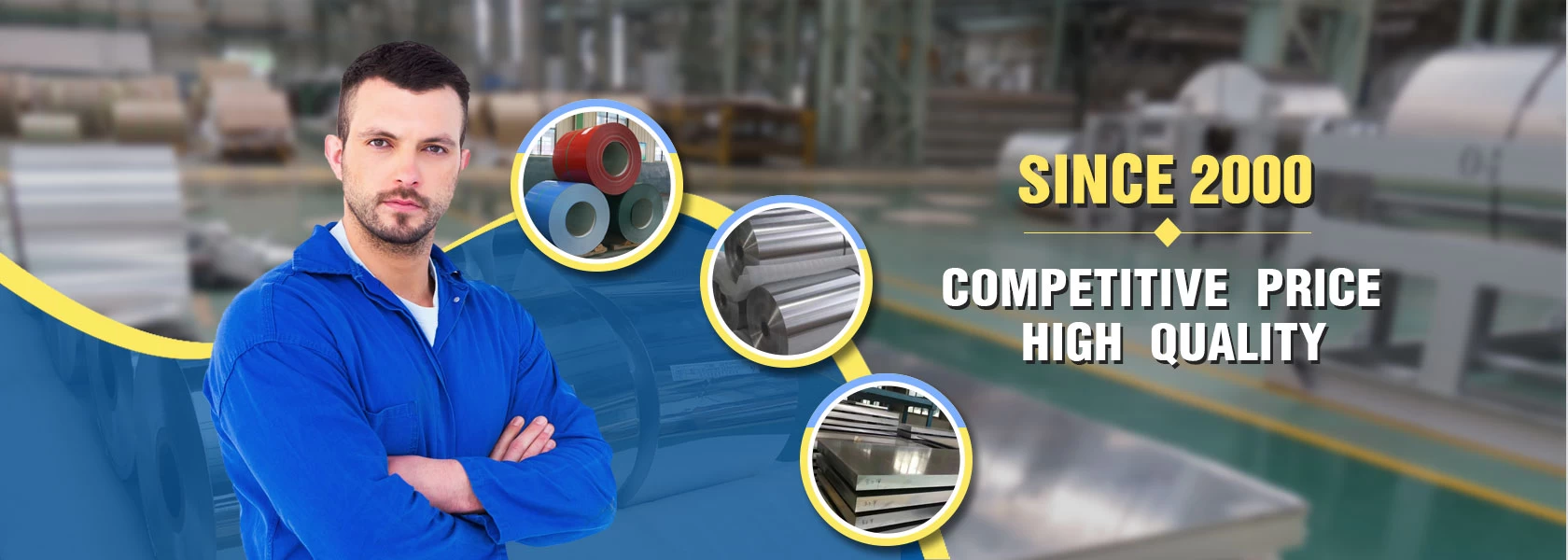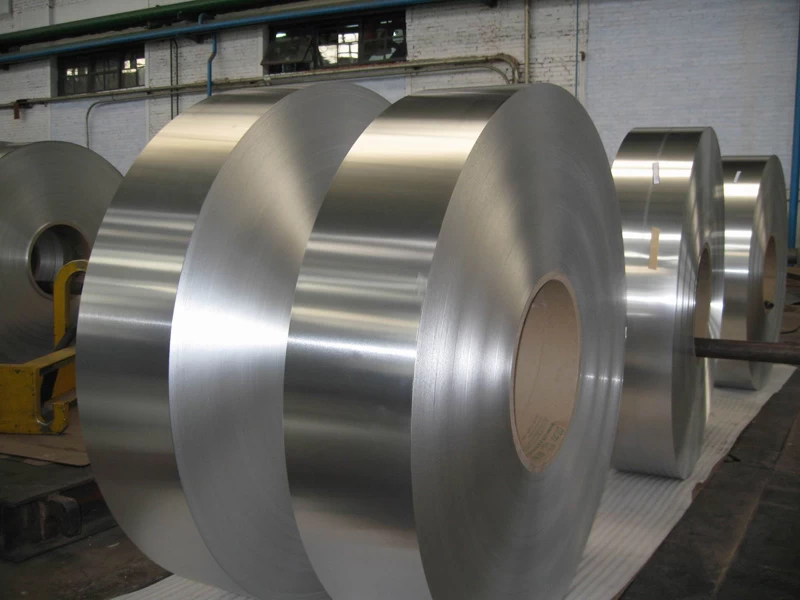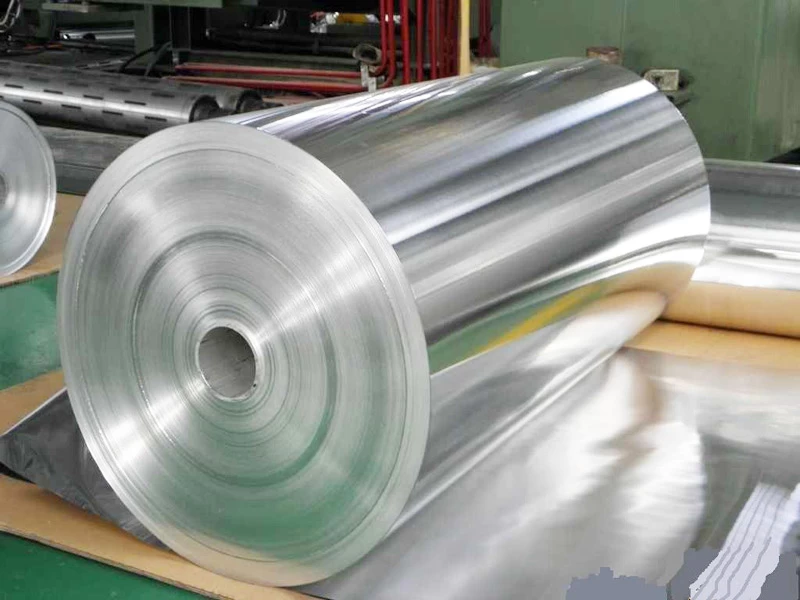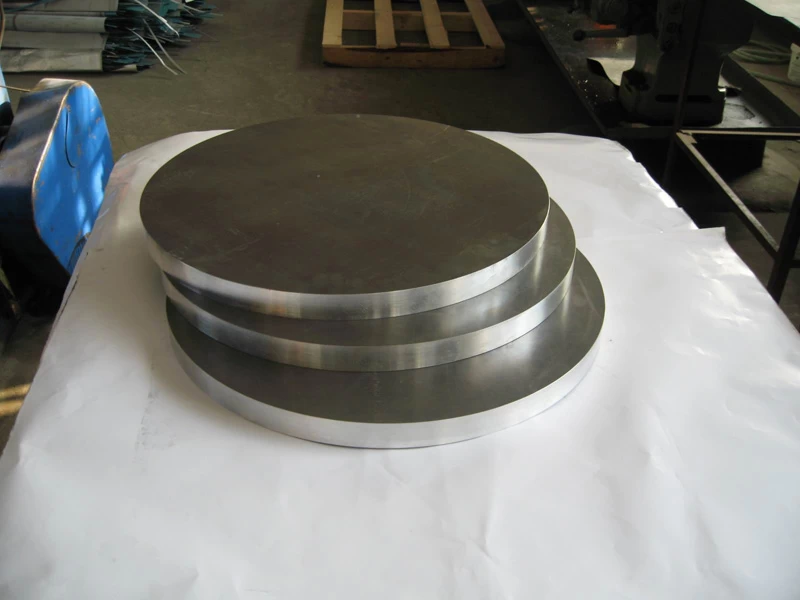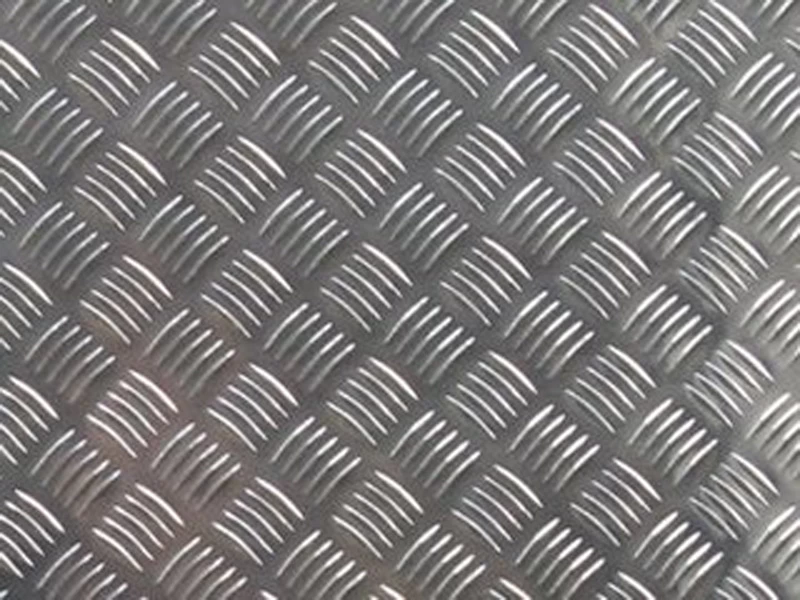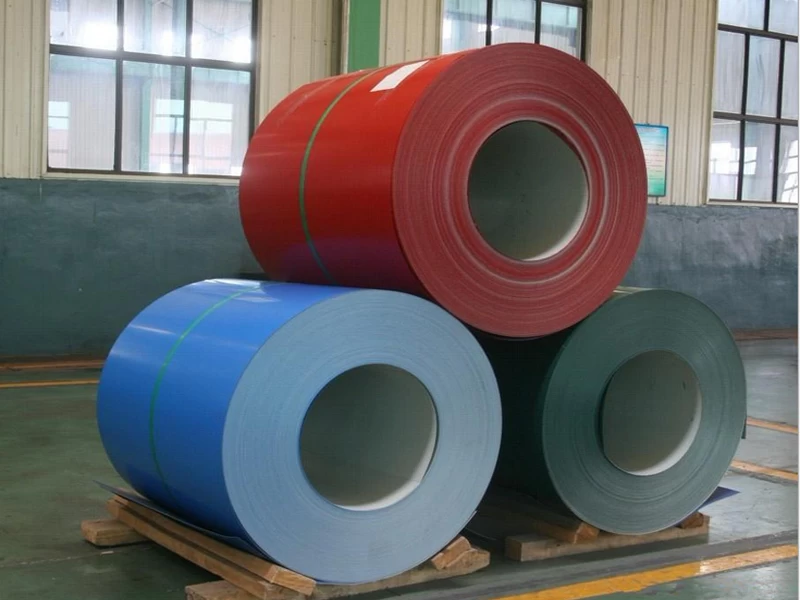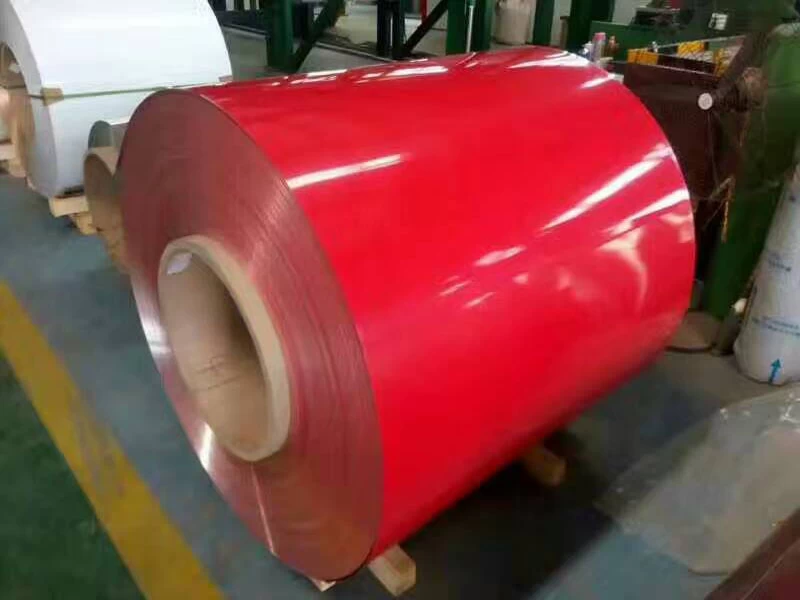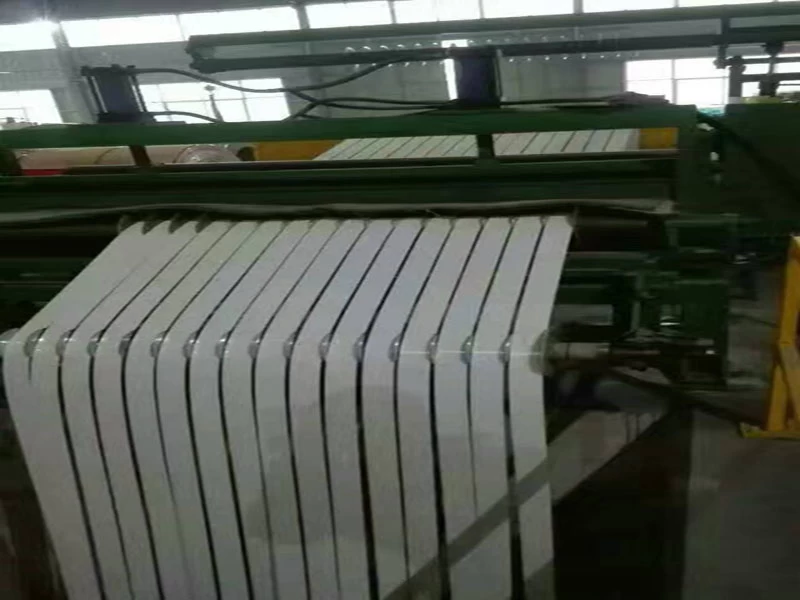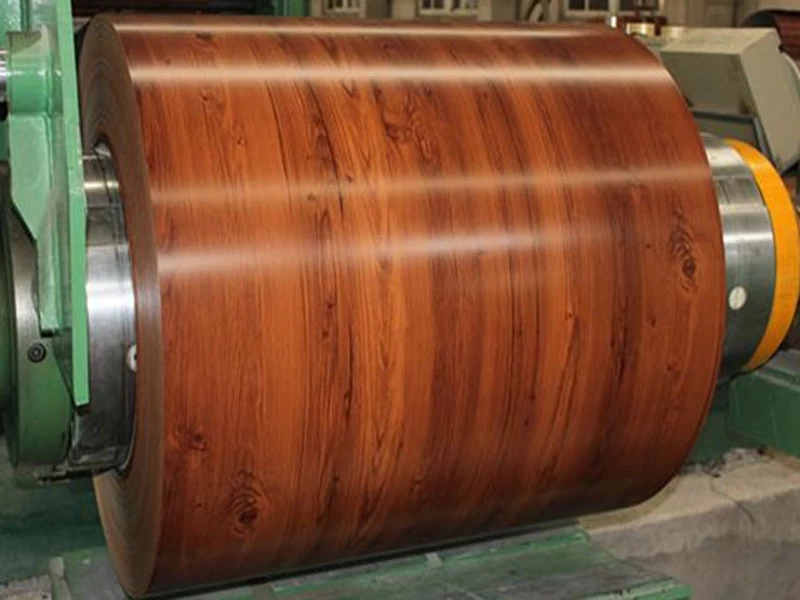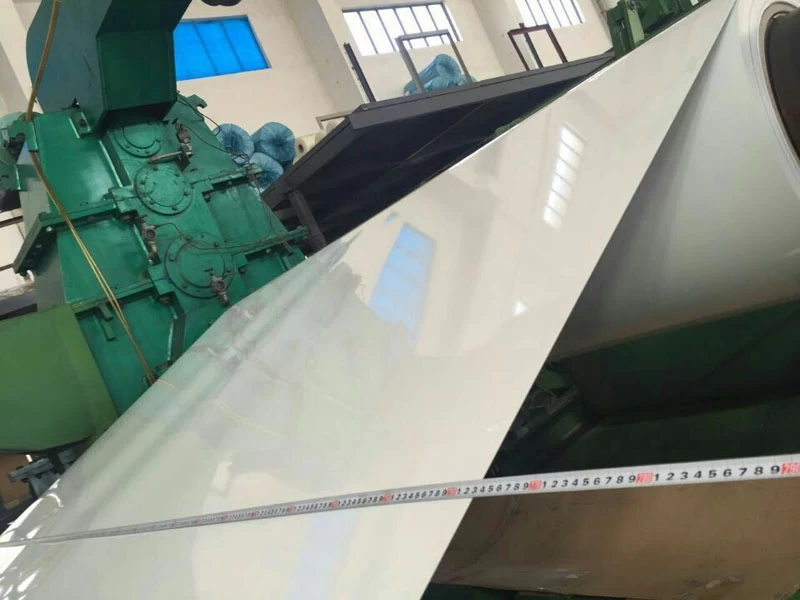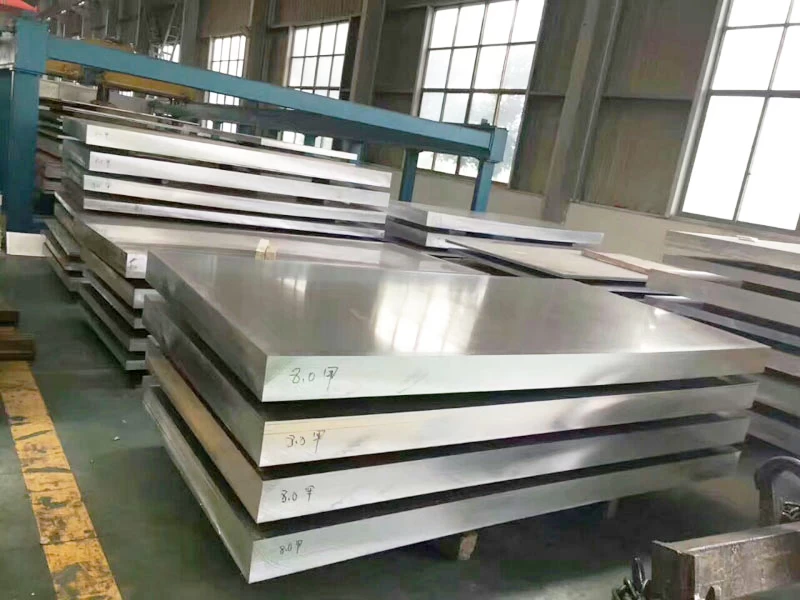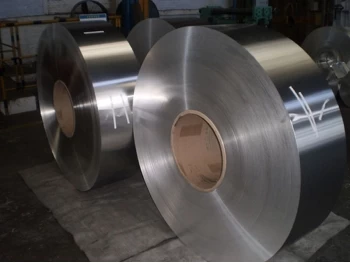Aluminum industry develops kinetic energy transformation risks and opportunities
Dong Xing
Dong Xing
2018-06-12 16:27:05
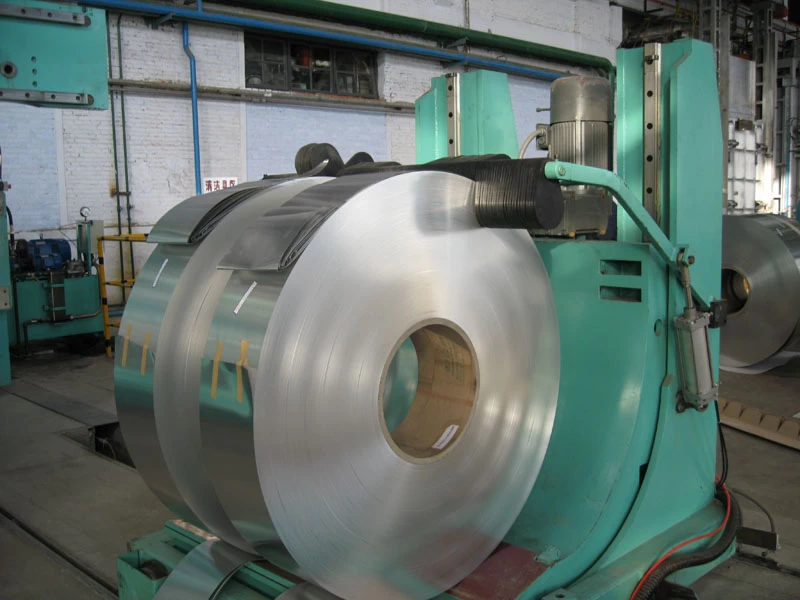
According to Aladdin's data, in 2017 China's electrolytic aluminum consumption was about 35.5 million tons, a year-on-year increase of 9.1%, which was higher than the GDP growth rate. The macro demand structure of aluminum is also adjusted with the economic structure. In 2017, investments, consumption, and exports contributed about 50%, 38%, and 12% of aluminum, respectively.
The overall demand maintains rapid growth. The downstream industries are specifically designed. Currently, the construction industry is still the largest application area of aluminum in China, accounting for 33% of the total. Compared with developed countries, China's transportation industry accounts for a significantly lower ratio of aluminum consumption. With the growth of the real estate industry tending to be stable, aluminum processing will develop in the direction of industrial profiles in the future.
Although real estate is regulated, as a pillar industry in China, there will be no downfall in the short term, and the downstream demand remains stable. As for the second largest domestic industry, the automobile industry is undergoing a fundamental change. It may become a new kinetic energy that will drive the growth of aluminum industry.
First, the kinetic energy conversion of aluminum products
This year's market, we are level two people are self-deprecating monkey market, Monkey is Trump the Emperor, monkey monkey weapons of mass destruction is the history of the most powerful cannon, which led to this year's global trade friction and stock market fluctuations However, to a certain extent, it also accelerated the opening up of the country. China announced at the Boao Forum that this year will reduce vehicle import tariffs considerably, and then promised to fully liberalize foreign investment ratio in the automotive industry within five years.
Undoubtedly, after so many years of joint venture operations, the domestic automobile industry has developed relatively well. Even if the market is liberalized, domestic industries can develop healthily, like Geely Auto (175.HK) in its own brand. Great Wall Motor (601633.SH, 2333.HK) and BYD (002594.SZ, 1211.HK) of New Energy Vehicle have all been able to stand on their own feet. Releasing the market does not mean the world is ruined, but for most domestic auto companies In terms of comparison, the future should be more focused on new energy vehicles than traditional power automobiles.
In 2017, the production and sales of new energy vehicles were nearly 800,000, reaching 774,000 vehicles and 777,000 vehicles, respectively, a year-on-year increase of 53.8% and 53.3% respectively. In 2017, the new energy auto market accounted for 2.7%, which was an increase of 0.9% from the previous year. As new energy vehicles have a huge advantage in energy conservation, the new energy automotive industry has expanded rapidly in recent years, and the demand for aluminum automotive parts has increased significantly. Compared to traditional automobiles, new energy vehicles use batteries as power to drive automobiles, and thus power is constrained by the weight of the battery and the mileage of the power battery. Therefore, the weight reduction of the vehicle body is more urgent than that of traditional automobiles. Therefore, the amount of aluminum alloy materials is expected to be greater.
In December 2017, the domestically produced high-performance smart electric seven-seat SUV, the Weilai ES8, was launched. With its all-aluminum body, the focus of the market was to return to the role of aluminum in driving the weight of the car. SUV-Weilai ES8 is China's first fully-automated aluminum body designed, developed and manufactured, and the patented technology is owned by Weilai Motor. It is the highest production car in the world with the highest application rate of aluminum alloys, and the torsional stiffness is more than twice that of the Tesla Model X. In addition to the body, the ES8's chassis, suspension, wheels, brakes, and battery pack casings are all made of aluminum. The utilization rate of aluminum is 96.4%, which is the highest proportion of all aluminum bodies produced in the world. The amount of application.
The use of aluminum in passenger cars and commercial vehicles is accelerating because it offers the fastest, safest, greenest, and most cost-effective ways to improve performance, improve fuel economy, and reduce emissions while maintaining or increasing safety. Sex and durability. Due to its advantages and environmental advantages, aluminum vehicles are increasingly becoming the "first choice material" for automakers, such as Ford F-150 mass-market vehicles and luxury cars such as Audi, Mercedes-Benz and Land Rover. According to the latest research by Ducker Worldwide, the aluminum content in automobiles will increase by 30% over the next decade.
It can be foreseen that in the future, with the continuous promotion of new energy vehicles and the reduction in the weight of traditional automobiles, the demand for automotive aluminum will show explosive growth, but the incremental demand brought by industrial structure transformation will not only be limited to automobiles.
In the aviation sector, Boeing delivered 763 global aircrafts in 2017, of which 202 new aircrafts were delivered to Chinese airlines, accounting for 26%, and recorded new records, reflecting the continued strong demand for aircraft from the Chinese aviation market. On May 5th, 2017, the domestic C919 aircraft made its first flight at Shanghai Pudong Airport, achieving another leap forward in China's aviation technology. It can be predicted that in the future, the supply chain of C919 will gradually become localized and drive the development of the entire industry chain. At present, aluminum alloy materials account for about 70% of civil aircraft fuselage materials, and aluminum alloy aerospace material market will become larger and larger.
Harbin Dong Xing aluminum co., ltd, Aluminum coil for car parts manufacture, is established in the year 2000, located at beautiful city Harbin. Our factory is a competent and reliable supplier in plain and coated aluminum foil, coil, sheet, and other aluminum products in China.

